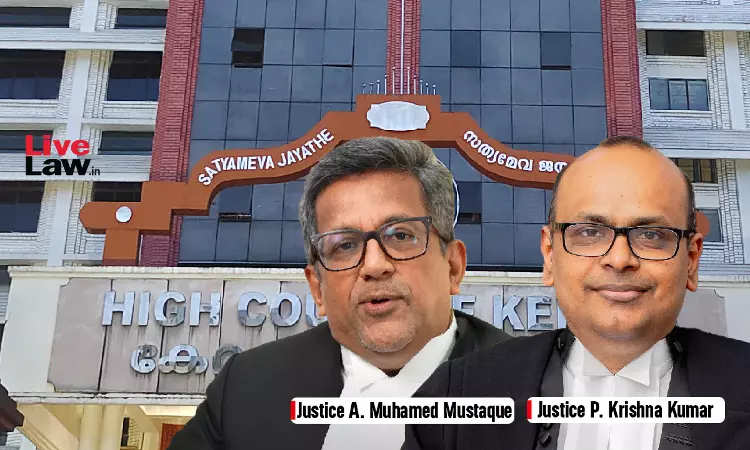The Kerala High Court has said that it is well-established that the High Court can under Article 226 of the Constitution consider the legality of orders passed by Tribunals, adding that it has ample powers to issue directions even when such reliefs are not specifically sought in the plea before the Tribunal.In the facts of the case, OP (KAT)'s are filed by the employee as well as the...

